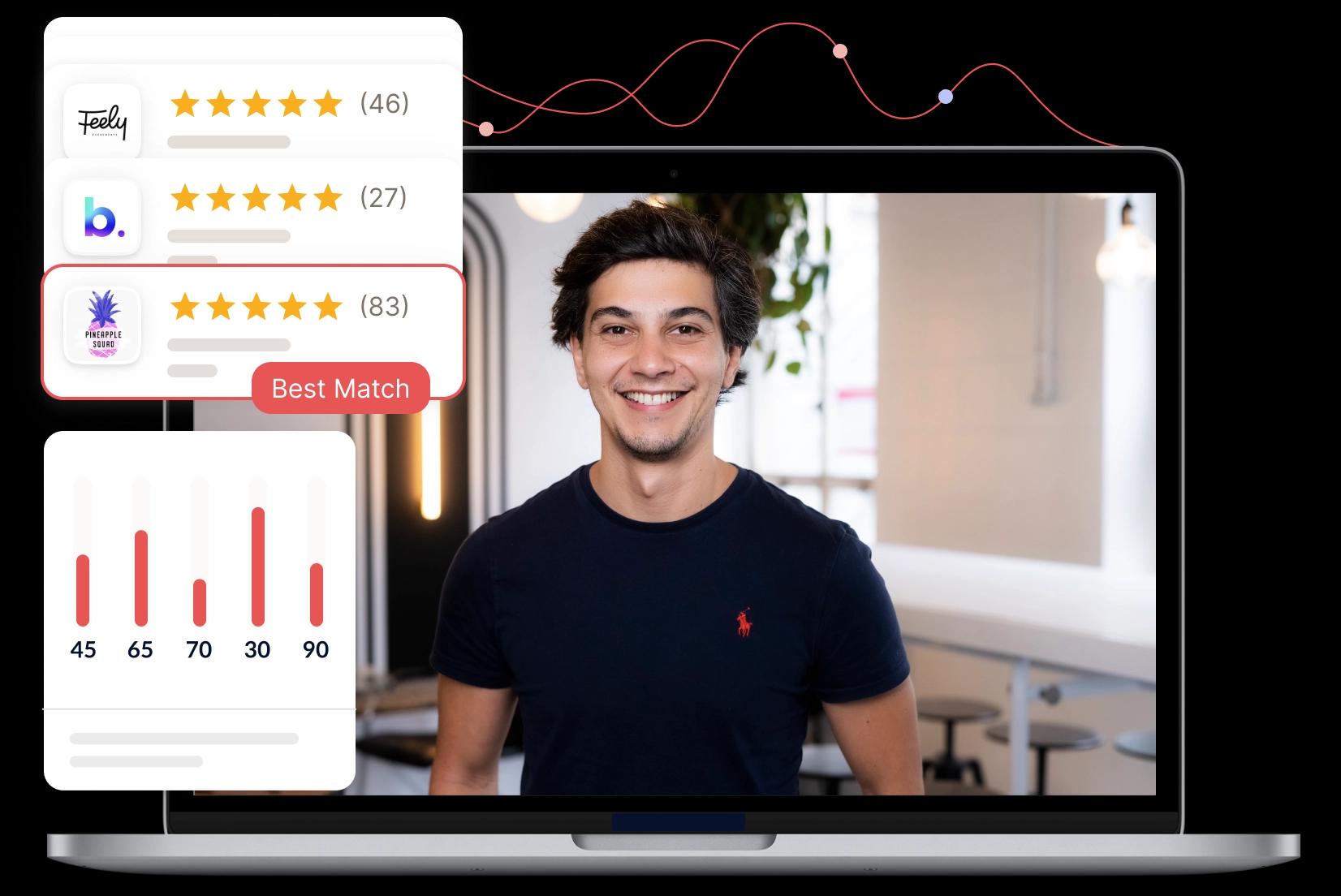List of the top Android App Development Agencies in Detroit, MI
- RecommendedAward-winnerNo work in Android App DevelopmentActive in Detroit, MIFrom €500 for Android App Development
- RecommendedAward-winnerNo work in Android App DevelopmentActive in Detroit, MIFrom €500 for Android App Development
- Award-winnerNo work in Android App DevelopmentActive in Detroit, MIFrom €1000 for Android App Development
- RecommendedAward-winner8 works in Android App DevelopmentActive in Detroit, MIFrom €5000 for Android App Development
- Award-winnerNo work in Android App DevelopmentActive in Detroit, MIFrom €1000 for Android App Development
- RecommendedNo work in Android App DevelopmentActive in Detroit, MIFrom €50 for Android App Development
- RecommendedAward-winnerNo work in Android App DevelopmentActive in Detroit, MIFrom €1000 for Android App Development
- 4.9(6 reviews)
AnvilEight provides web & mobile development for end-to-end product development with Python & Django
RecommendedAward-winner4 works in Android App DevelopmentActive in Detroit, MIFrom €1000 for Android App Development - Award-winner1 work in Android App DevelopmentActive in Detroit, MIFrom €15000 for Android App Development
- (0 review)No work in Android App DevelopmentActive in Detroit, MIFrom €1000 for Android App Development
- No work in Android App DevelopmentActive in Detroit, MIFrom €1000 for Android App Development
- RecommendedAward-winnerNo work in Android App DevelopmentActive in Detroit, MIFrom €1000 for Android App Development
- RecommendedNo work in Android App DevelopmentActive in Detroit, MIFrom €1000 for Android App Development
- RecommendedNo work in Android App DevelopmentActive in Detroit, MIFrom €1000 for Android App Development
- RecommendedNo work in Android App DevelopmentActive in Detroit, MIFrom €1000 for Android App Development
- RecommendedAward-winnerNo work in Android App DevelopmentActive in Detroit, MIFrom €500 for Android App Development
- Award-winnerNo work in Android App DevelopmentActive in Detroit, MIFrom €45000 for Android App Development
Digital Marts - Digital Marketing Company
5(1 review)Digital Marketing Company in India | Digital Marts Agency
RecommendedAward-winnerNo work in Android App DevelopmentActive in Detroit, MIFrom €1000 for Android App Development- No work in Android App DevelopmentActive in Detroit, MIFrom €250 for Android App Development
